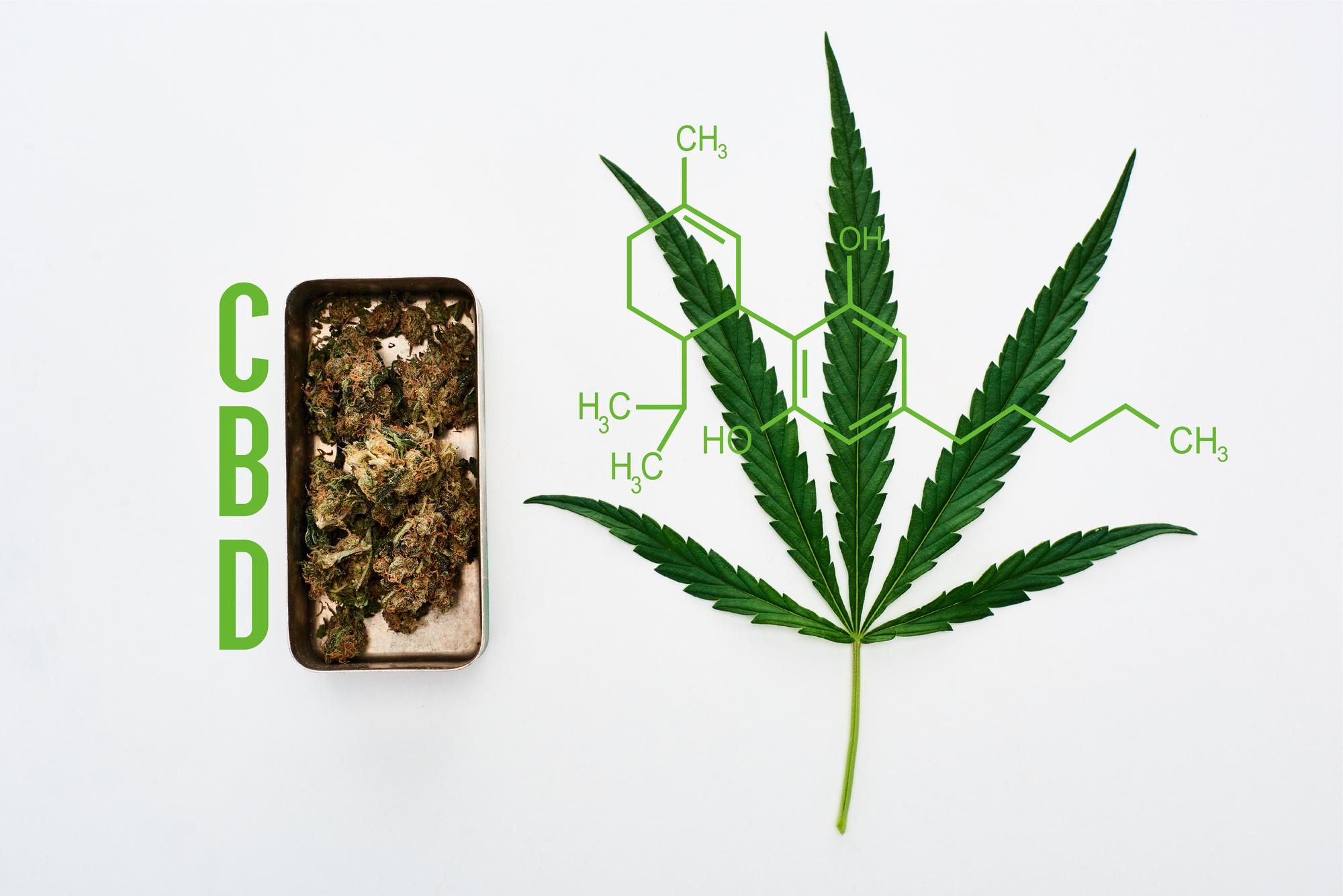Hemp seed oil, derived from the seeds of the Cannabis sativa plant, is widely regarded as a gentle and nourishing ingredient in skincare. Still, like any natural oil or botanical extract, it can cause side effects in certain individuals. Understanding what to look for—and how to minimize potential irritation—can help consumers use hemp seed oil safely and confidently.
A Gentle Ingredient with Rare Reactions
Hemp seed oil is packed with essential fatty acids such as linoleic and alpha-linolenic acid, which support the skin’s barrier and help retain moisture. Most people find it soothing and non-irritating, but a small number may experience mild adverse reactions. These reactions often include redness, itching, or small bumps, typically signaling allergic contact dermatitis. Such responses are rare and usually resolve quickly when the product is discontinued.
Importance of Patch Testing
Dermatologists often recommend patch-testing new skincare products before applying them to larger areas of the face or body. This simple precaution helps identify sensitivity to hemp seed oil or other components in the formula. Individuals with a history of eczema, allergies, or easily irritated skin should be especially cautious and introduce hemp-based products gradually.
Distinguishing Irritation from Allergy
Not all reactions are caused by the oil itself. In some cases, irritation stems from added ingredients such as synthetic fragrances, essential oils, or preservatives used in the formulation. Fragrance-free, minimalist products are generally a safer choice for sensitive skin. Hemp seed oil on its own is considered non-comedogenic, meaning it’s unlikely to clog pores, making it suitable for most skin types—including oily and acne-prone skin—when used correctly.
Oxidation and Product Care
Because hemp seed oil is rich in polyunsaturated fatty acids, it can oxidize if exposed to heat, air, or light for prolonged periods. Oxidized oils can develop an unpleasant odor and may irritate the skin. To preserve its freshness, consumers should store hemp seed oil products in cool, dark places and discard them if they notice any changes in smell or color. Choosing opaque or air-tight packaging helps prevent oxidation and keeps the oil stable longer.
Special Considerations for Sensitive Conditions
Those with chronic skin conditions such as psoriasis or eczema may benefit from hemp seed oil’s moisturizing and barrier-restoring properties. However, it should not be applied to broken or inflamed skin during flare-ups. Consulting a dermatologist for guidance ensures safe use and reduces the likelihood of discomfort.
A Safe Choice for Most, With Simple Precautions
For the majority of users, hemp seed oil treatments are safe, hydrating, and beneficial for skin health. The rare side effects typically occur when products are not properly formulated, stored, or tested beforehand. By patch-testing new products, selecting fragrance-free formulations, and storing them correctly, consumers can enjoy the benefits of hemp seed oil while minimizing any risk of irritation.

